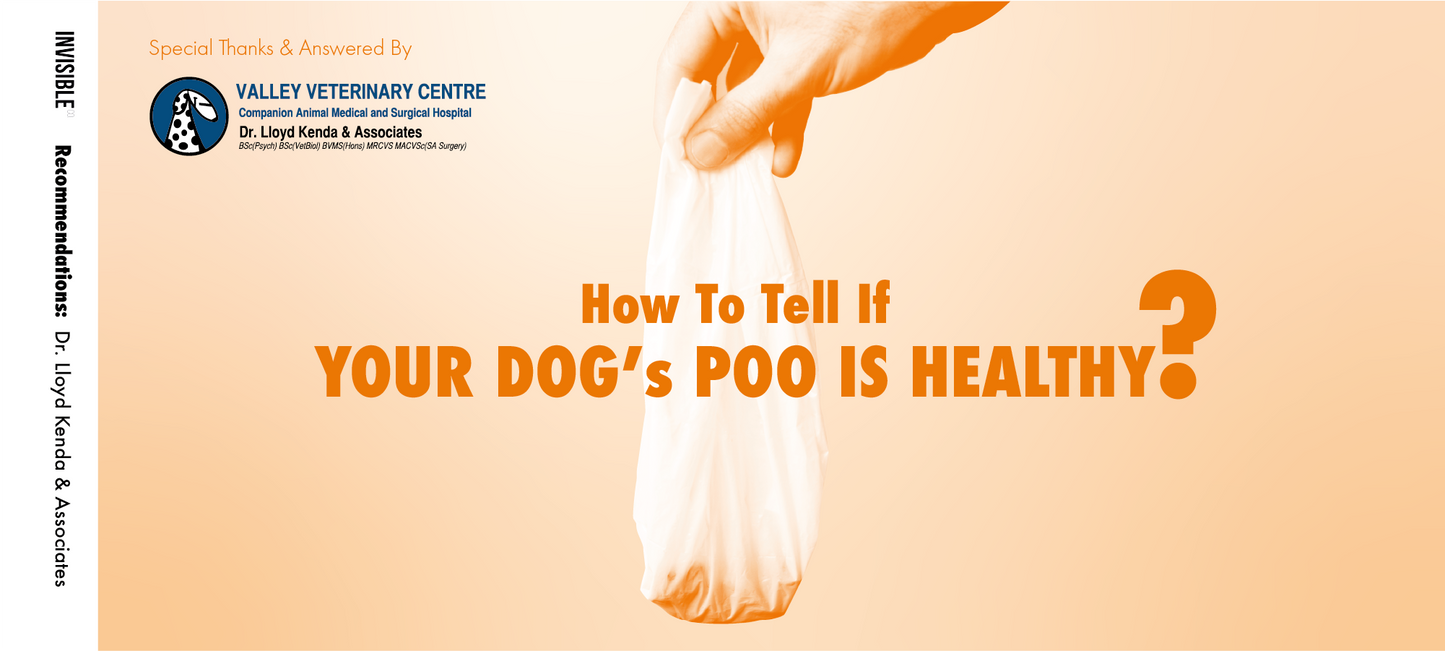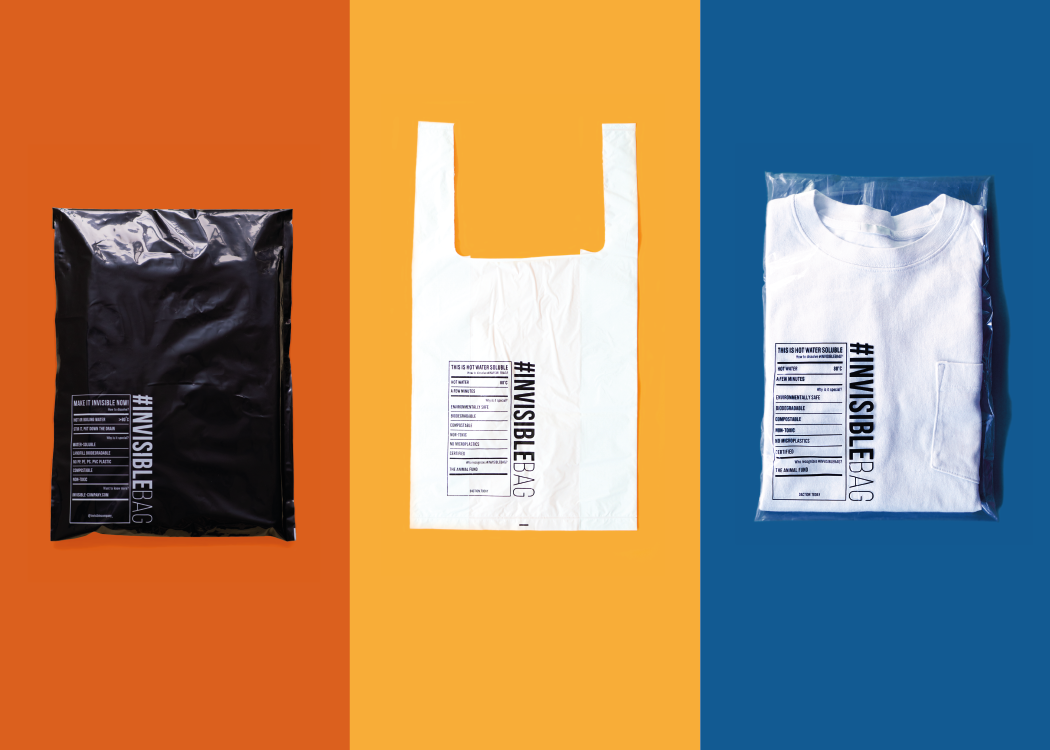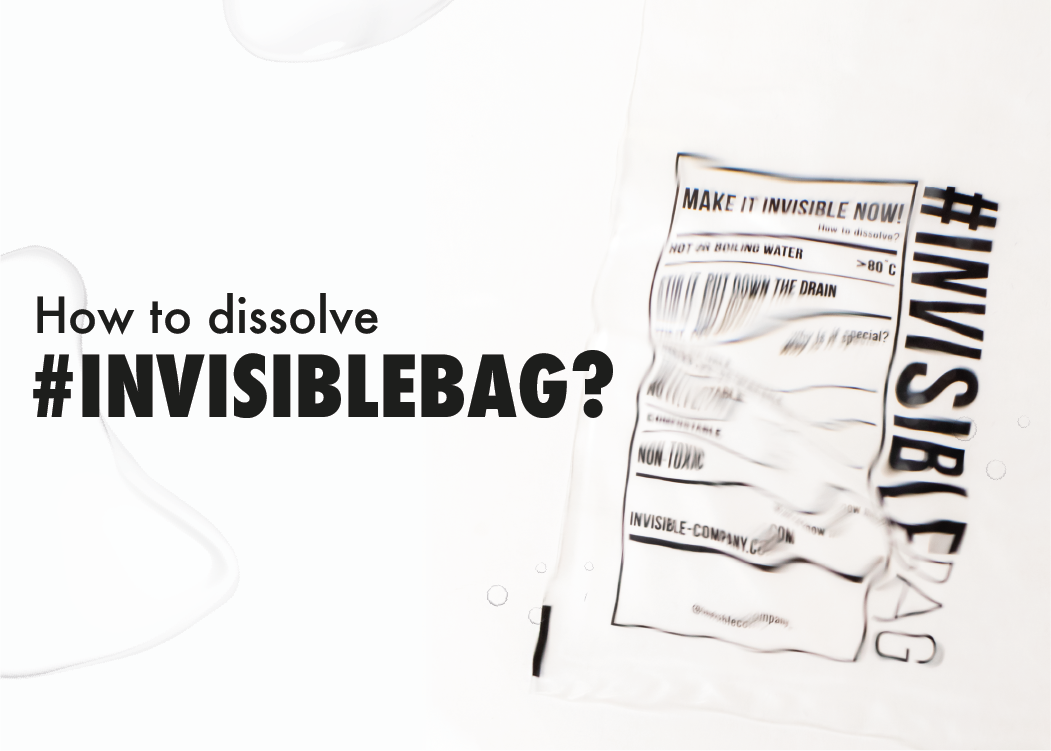
As our furry friend's community is growing by the day, we have invited Dr. Lloyd from Valley Veterinary Center to answer some of your frequently asked questions based on his 30+ years of professional experience being a vet!
#1 How to tell whether a dog is healthy by the poop?

The obvious first thing is that it should be “firm”, easy to pick up and of a brown colour. If the stool is too dry and hard, then it may indicate constipation or dehydration. Unhealthy stool is soft or watery, it may have obvious red blood, it may have mucus. You may see worms on the stool. Black, sticky, tarry stool can indicate upper intestinal bleeding. Watery, explosive diarrhoea with urgency often indicates lower intestinal issues with gas!
#2 What are the common causes of their digestive problems?

The most common is dietary upset. This could be from new treats or snacks, a sudden change of dog food, or feeding a new type of food. Being a “garbage guts” i.e. indiscriminate eating of anything off the ground or from the trash bin is an obvious cause of upset. Drinking “dirty” water which may contain the protozoa called Giardia is a very common cause of diarrhoea in dogs (and people!). Food allergy can cause soft stool, but actual food allergy to a specific protein is really not as common as people think. Intestinal worms will also cause soft stool- regular deworming (i.e. every 3 months) purges the system of these parasites and reduces the rate of reinfection.
#3 Any diet suggestions to prevent digestive problems?

Any new food, be it snacks or regular meal, should be introduced slowly over at least 7 days. I suggest adding 10% of the new food and reducing by 10% the old food each day – the change-over taking 10 days. This slow transition will often avoid gut upsets.
...
Special thanks to Valley Veterinary Center, you may visit Dr. Lloyd at G/F, 15 Yuen Yuen Street, Happy Valley, Hong Kong.
Opening Hours: 8:00am to 7:00pm (Mon - Fri) until 6:00pm on Saturday, and 10:00am to 1:00pm on Sunday









